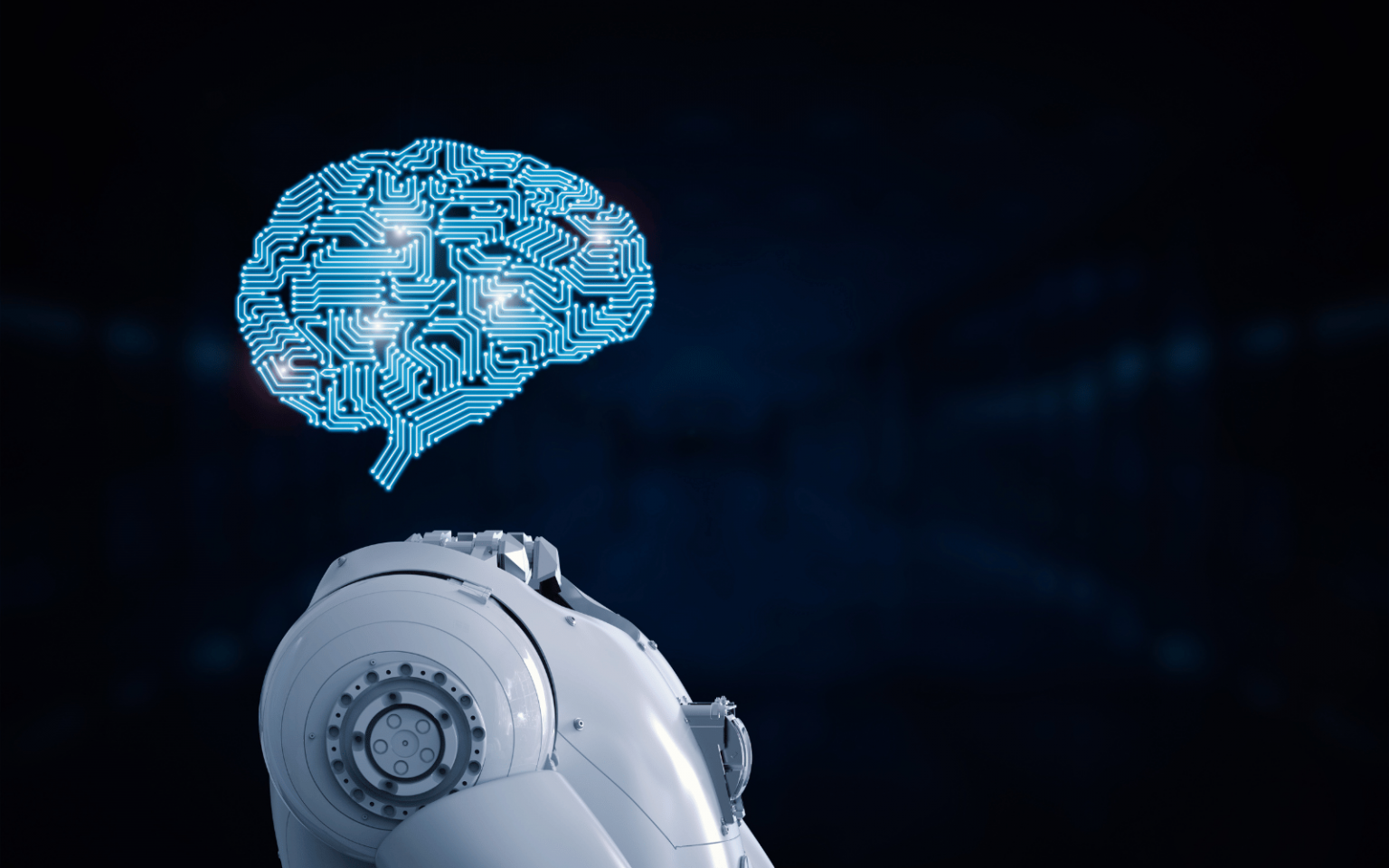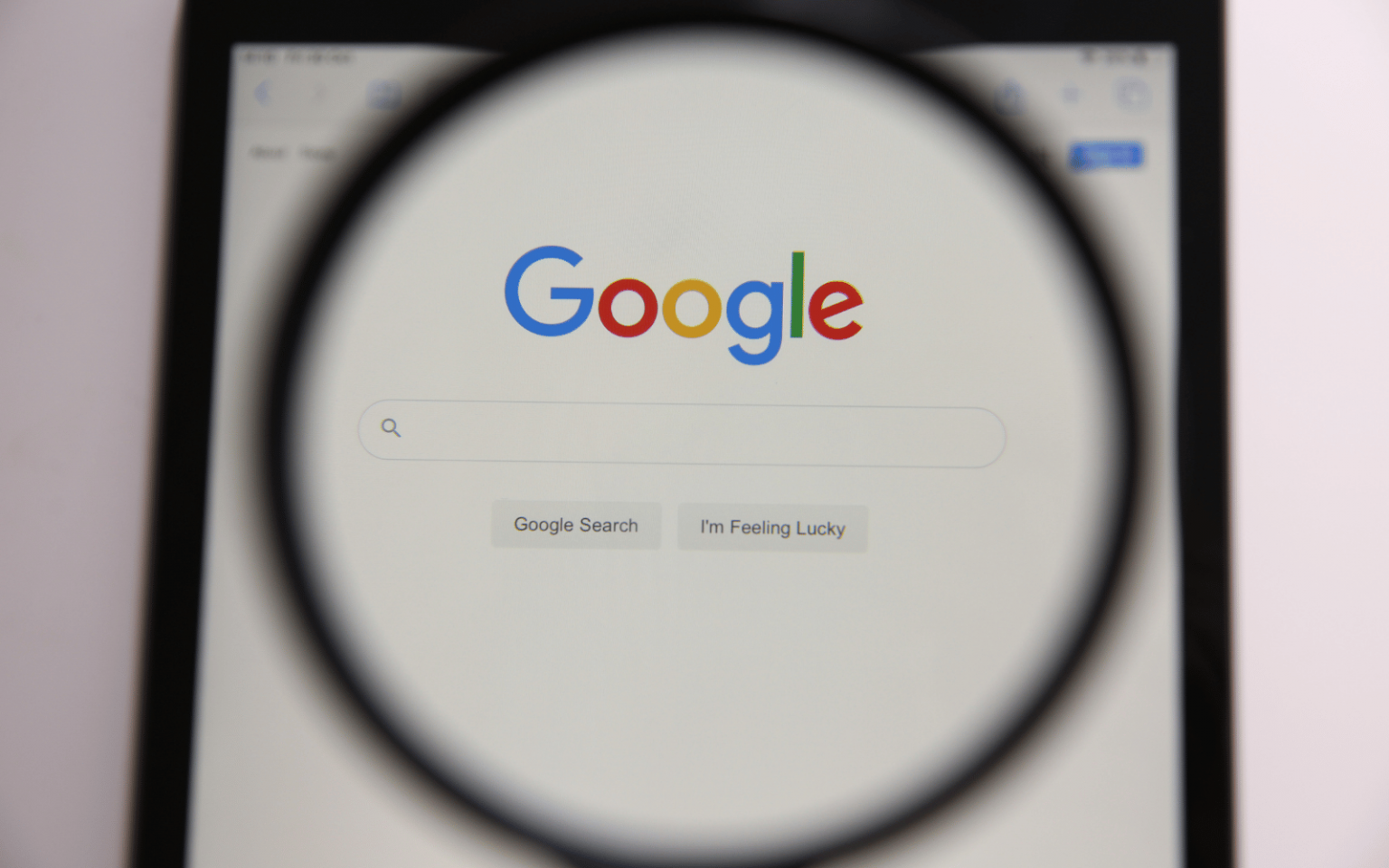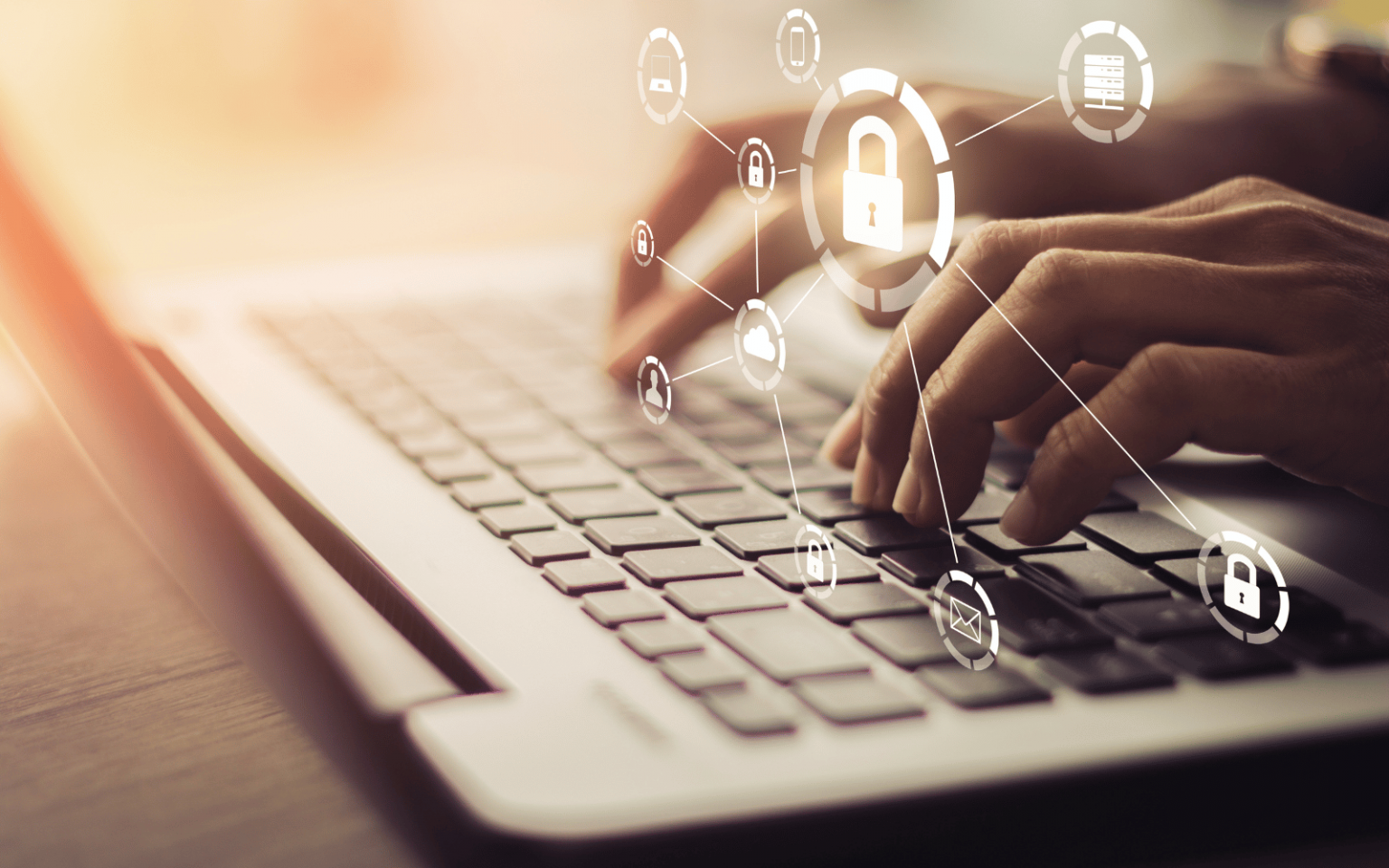Data from the James Webb Space Telescope (JWST) has shown that an exoplanet around a star in the constellation Leo has some of the chemical markers that, on Earth, are associated with living organisms. But these are vague indications. So how likely is it that this exoplanet harbours alien life? Exoplanets are worlds that orbit stars other than the Sun. The planet in question is named K2-18b. It’s so named because it was the first planet found to orbit the red dwarf star K2-18. There is a K2-18c as well – the second planet to be discovered. The star itself is dimmer and…
Author: The Conversation
The Writers Guild of America (WGA) strike has been going for over 130 days. Joined by the Screen Actors Guild-American Federation of Television and Radio Artists (SAG-AFTRA), Hollywood writers are protesting several issues. Among other demands, the WGA is calling for explicit regulations on the use of AI in media production, in what Time Magazine called “a pivotal moment” in film history. Enter Tom Cruise and cue the Mission: Impossible theme music. Although Barbie and Oppenheimer received most attention this summer, Tom Cruise’s latest instalment in the Mission: Impossible series (Dead Reckoning Part One), reveals more about the future of movies. Highlights threat from AI Eerily prescient to the Hollywood strikes,…
In June 2022, Google engineer Blake Lemoine made headlines by claiming the company’s LaMDA chatbot had achieved sentience. The software had the conversational ability of a precocious seven-year-old, Lemoine said, and we should assume it possessed a similar awareness of the world. LaMDA, later released to the public as Bard, is powered by a “large language model” (LLM) of the kind that also forms the engine of OpenAI’s ChatGPT bot. Other big tech companies are rushing to deploy similar technology. Hundreds of millions of people have now had the chance to play with LLMs, but few seem to believe they are conscious.…
Late last week, Google announced something called the Privacy Sandbox has been rolled out to a “majority” of Chrome users, and will reach 100% of users in the coming months. But what is it, exactly? The new suite of features represents a fundamental shift in how Chrome will track user data for the benefit of advertisers. Instead of third-party cookies, Chrome can now tap directly into your browsing history to gather information on advertising “topics” (more on that later). In development since 2019, this change has attracted a great deal of controversy, as some commentators have deemed it invasive in terms of privacy.…
Technologies based on nanoscale materials – for example, particles that are more than 10,000 times smaller than the period at the end of this sentence – play a growing role in our world. Carbon nanofibers strengthen airplanes and bicycle frames, silver nanoparticles make bacteria-resistant fabrics, and moisturizing nanoparticles called nanoliposomes are used in cosmetics. Nanotechnology is also revolutionizing medicine and pushing the boundaries of human performance. If you received a COVID-19 vaccine in the United States, it contained nanoparticles. In the future, nanotechnology may allow doctors to better treat brain diseases and disorders like cancer and dementia because nanoparticles pass easily through the blood-brain barrier.…
The United States military plans to start using thousands of autonomous weapons systems in the next two years in a bid to counter China’s growing power, US Deputy Secretary of Defense Kathleen Hicks announced in a speech on Monday. The so-called Replicator initiative aims to work with defence and other tech companies to produce high volumes of affordable systems for all branches of the military. Military systems capable of various degrees of independent operation have become increasingly common over the past decade or so. But the scale and scope of the US announcement makes clear the future of conflict has changed: the age of…
Senegal’s government has shut down internet access in response to protests about the sentencing of opposition leader Ousmane Sonko. This is a tactic governments are increasingly using during times of political contention, such as elections or social upheaval. The shutdowns can be partial or total, temporary or prolonged. They may target specific platforms, regions, or an entire country. I’m a researcher who investigates the causes and consequences of internet access disruptions and censorship in various African countries. This includes understanding how shutdowns work. It’s important to understand the complex technicalities behind internet shutdowns, for at least two reasons. First, understanding how an internet shutdown works shows whether…
Avi Loeb, an astrophysicist at Harvard University in the US, has published a press release claiming that some of the 700 or so spherical metallic fragments (spherules) he recovered from the bottom of the Pacific Ocean, just off the coast of Papua New Guinea, are from beyond the Solar System. The discovery was quite interesting because, although such spherules are distributed globally, it is not easy to recover them from the depths of the ocean bed – requiring a dredging operation with a powerful magnet. But Loeb has speculated that the spherules may be related to the passage of an interstellar meteor, IM1, which…
Despite New Zealand’s record loss to South Africa in August, All Blacks fans can take heart from statistical modelling that has them as favourites to win the 2023 Rugby World Cup (RWC). According to Rugby Vision, a well-tested algorithm I developed to predict outcomes for major rugby competitions, New Zealand has a 33.5% chance of winning their fourth RWC title. The next most likely champions are South Africa (26.2%), followed by France (20.6%) and Ireland (11.9%). Evaluation of the model’s predictions at previous RWCs indicate it is well calibrated. And while the system has some similarities with the official world rugby rankings, it is less sensitive…
When Apple’s latest software updates drop this month, users will have access to mental health and wellness features unlike anything currently available in a smartphone. With the Apple Watch and iOS health app, Apple has long striven to cement itself in the health-care tech space. But the new features go beyond the standard heart rate, sleep, calorie and fitness trackers that have become universal in smart tech. A new mood tracker (dubbed “State of Mind”) will ask users to rate how they feel both in random moments (from unpleasant to pleasant) and daily. Mental health questionnaires will provide users with a preliminary screening for depression…










